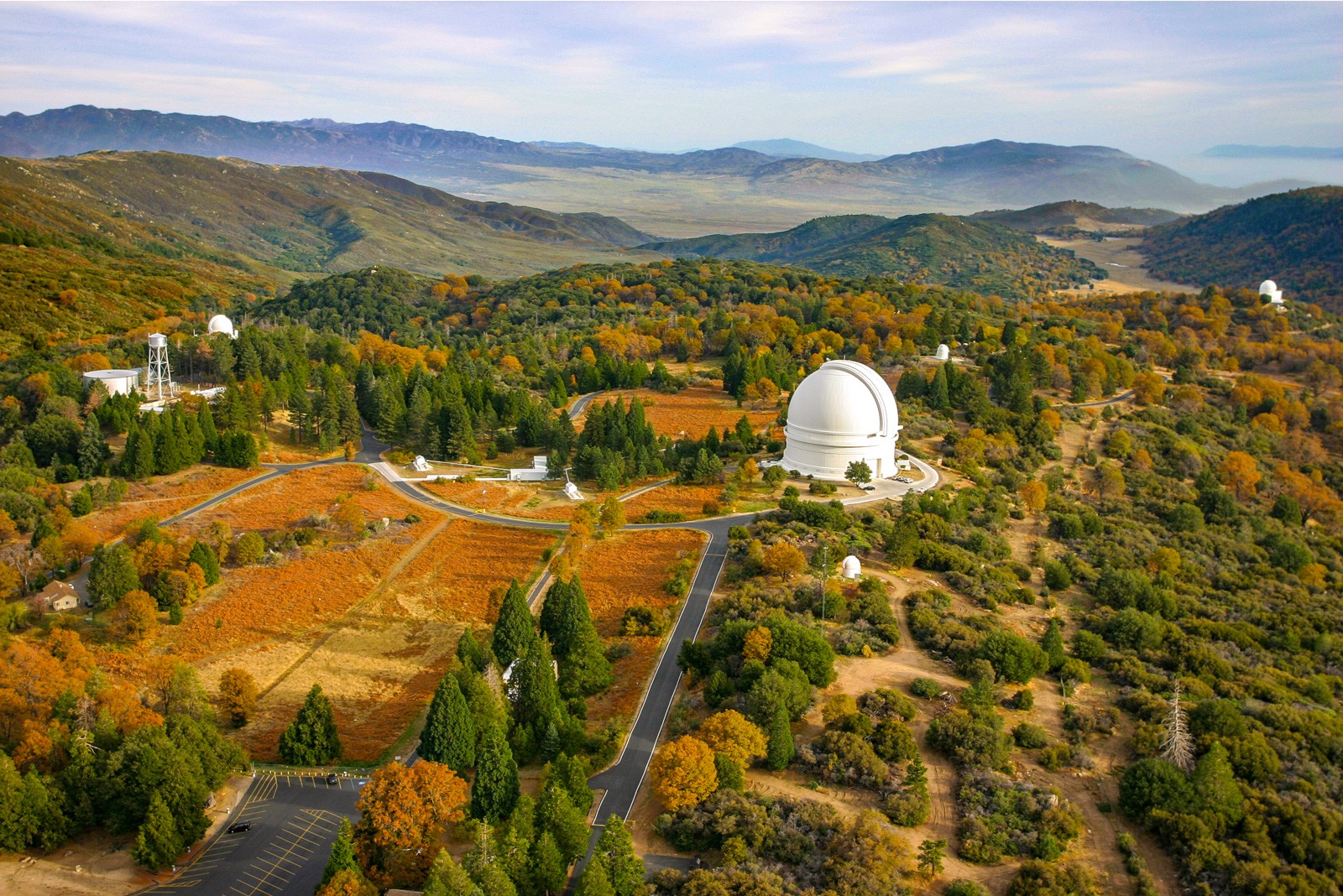
The Ball Pool is temporarily closed today.
The Sky Tonight is the Fleet’s live astronomy series led by Resident Astronomer Lisa Will, designed to connect you to the celestial events unfolding all around us. From seasonal constellations and planetary movements to the latest space discoveries, each program reveals the stories, science and wonder behind what you can see, and how to experience it for yourself.
Whether gathered beneath the immersive Giant Dome Theater, joining virtually from the comfort of your home, or standing under darker skies on Palomar Mountain, The Sky Tonight invites you to slow down, look up and find your place in the universe.

Returning April 2026.
Join us for an adventure through the stars like never before as we take The Sky Tonight on the road to the Palomar Observatory! Enjoy a private tour of the Palomar Dome, learn the history of the observatory, engage in a unique lecture from a local astronomer, and explore the stars from historic Palomar mountain in this brand-new, 18+ experience.
Tickets include a choice of Mendocino Farms meals and light refreshments during the lecture. Guests may bring their choice of food or adult beverages to enjoy on the bus and during the lecture.
Bus transportation is required and included with your ticket. Pickup and drop-off locations subject to change.
Please note this event is not ADA accessible. Contact us at adultprograms@rhfleet.org with further questions.
Monthly planetarium show at 7 p.m. and 8:15 p.m. on the first Wednesday of the month. Join us before or the show to gaze at the stars in the actual night sky! Our partners, the San Diego Astronomy Association, will be on the Prado by the Bea Evenson Fountain viewing the night sky through different telescopes (weather permitting).
Monthly planetarium show at 7 p.m. on the third Wednesday of each month, via Zoom
Monthly planetarium show at 11 a.m. on the second Sunday of each month
Fleet Members receive $10 off. Adventurer Level and above are FREE (Palomar Observatory Experience not included). Not a Fleet Member? Join Today!
Doors to the theater open approximately 10 minutes prior to showtimes. No late entry will be allowed once the event has begun.